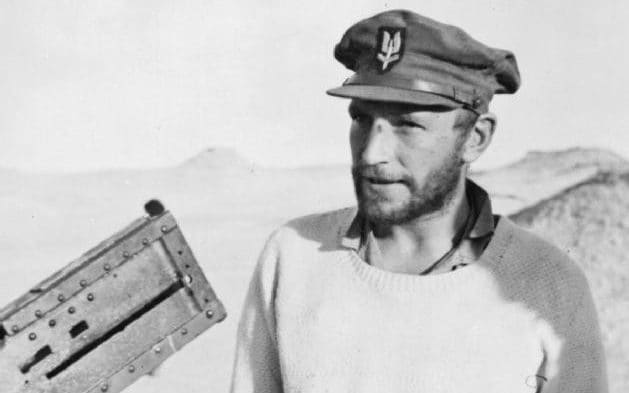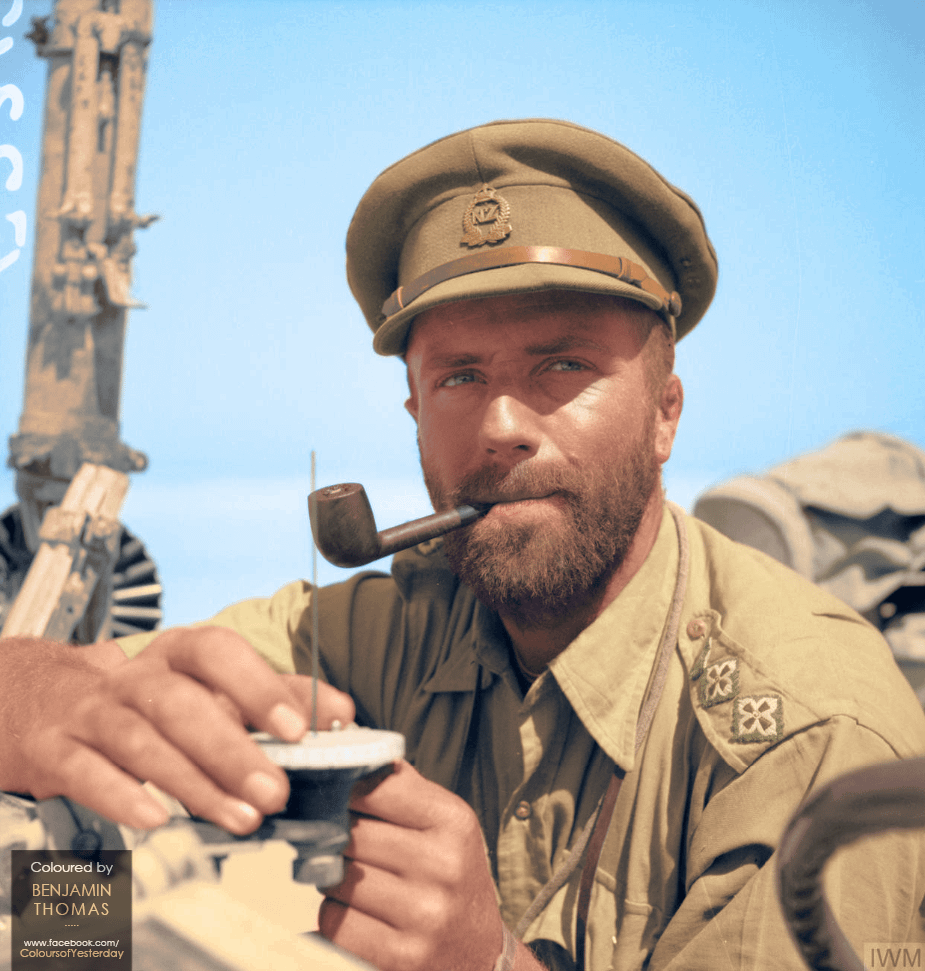Back in the late 1980s I was posted to be Adjutant of one of our TA battalions, which had a rifle company at Movilla Camp in Newtownards. I knew that Paddy Mayne was buried in the nearby cemetery and combined my first visit to the company with a visit to see his grave. Sadly the plot, a family grave, was largely derelict and overgrown. More happily when I mentioned this to the company commander he undertook to have the company sort the grave out, which they did. It set me wondering how a small, staunchly Unionist town like Newtownards could come to have forgotten one of its most famous warrior sons. Perhaps an answer lies in the manner of his death on 13 December 1955.
The evening before, Paddy had been to a meeting of his Masonic Lodge and afterwards went drinking with a friend in Bangor, a town perhaps 5 miles away from Newtownards. He was found dead in his car early on the morning of the 13th, clearly having collided with a stationary farm vehicle. When interviewed by the police, the farmer and his wife both reported having heard the crash at around 4 o'clock and upon looking outside, recognising Mayne's distinctive Roadster car. Asked why they had not gone to help him, they stated that it was known in the town that Mayne frequently drove while drunk and that it was extremely dangerous to approach him when he was in that condition.
Times are now a little different perhaps because Newtownards, like many Unionist communities, has felt its heritage to be under threat and has therefore begun to identify and cherish its icons a little more. In 1997 a bronze statue to Mayne, the most decorated British soldier of the Second World War, was erected in Conway Square in Newtownards.
He was without doubt a man of lion's courage, a superb rugby player and a soldier beyond equal - but without a rugby pitch or a war upon which to vent his anger, he was bloody dangerous.




 It's probably just about safe now do it
It's probably just about safe now do it

It's probably just about safe now do it
